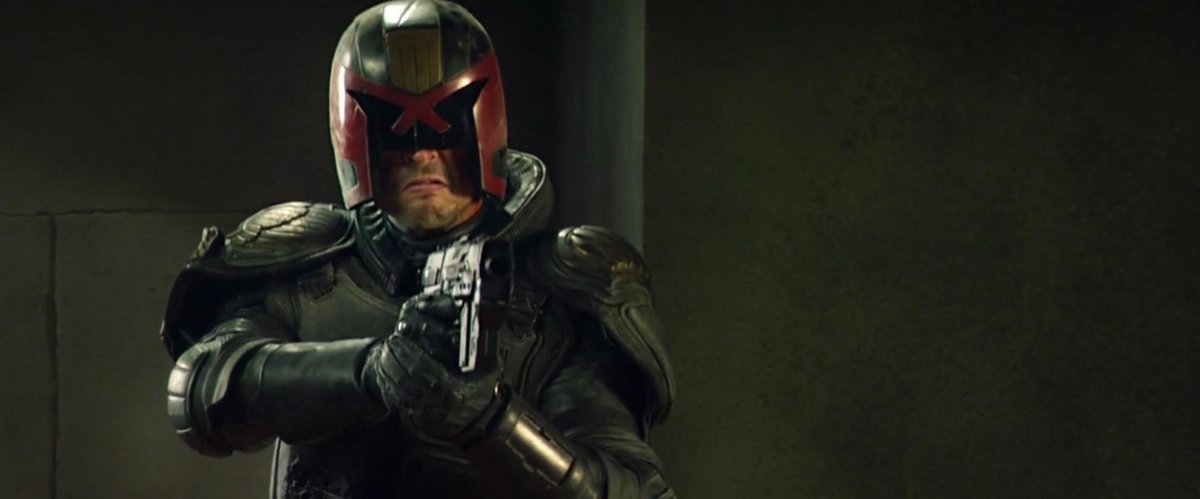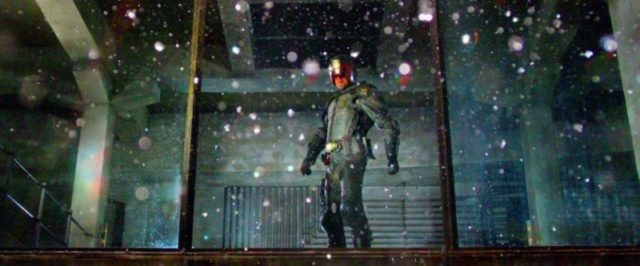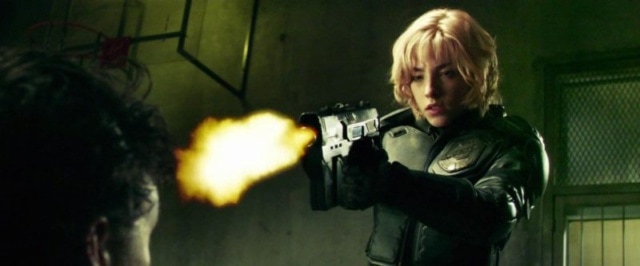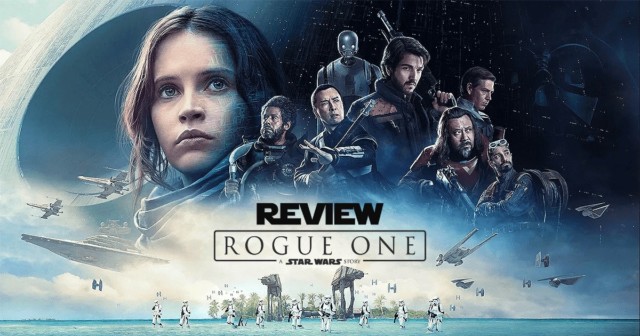Revisiting Karl Urban’s ‘Dredd’ on its 10th Anniversary

The character of Judge Dredd was created in 1977 by John Wagner and Carlos Ezquerra. There was a previous film adaptation with Sylvester Stallone in 1995, but poor reception and a lackluster box office stomped out any hopes for a potential sequel. That didn’t keep the franchise down forever, and a film starring Karl Urban and directed by Pete Travis was released in 2012. With this year being its 10-year anniversary, I figured now was as good a time as ever to finally sit down and give it a watch.
[Warning: Spoilers from Dredd are below!]
Looking back at Dredd 10 years later
The story is simple, and it’s perfect that way. Dredd’s Mega City-One is a place of black and white morality – you’re either wrong or right, and if you’re in the wrong (usually) you die. That simplicity is reflected in the story. Judge Dredd is forced to take a trainee Judge out for a day on the job, and they get tied up in gang activities after executing what should have been an ordinary drug bust. Easy, simple, perfect for a low-budget 90-minute sci-fi action movie.
Technically, I think Dredd is about as good as I could ask for. It makes brilliant use of its 50 million dollar budget, with landscapes enhanced with CGI buildings towering over the “old world.” The visuals are well textured and grounded, and anytime they move beyond that grounded nature it feels like a conscious choice to push their own boundaries.

The use of slow motion in this movie is great. I’ve always been a fan of slow motion and frankly never understood the hate. But the way the movie uses an in-story reason to implement that brave visual choice is great, and I think it earned the grace of a lot of “slo-mo” hating fans that watched. The movie is technically excellent on all levels, and it earned my trust well before the story built itself atop that foundation.
Science fiction, hope, and Dredd
Science fiction dystopian stories can be hit or miss. Architects of the story get lost in their own indulgences, turning the violence, sex, grime, and all-around nastiness up to 11. Recently, I had that very experience with Netflix’s Cyberpunk: Edgerunners, the anime based on the Cyberpunk 2077 video game. The first episode of that series was so brutal and heavy, that I felt no excitement or attraction to continue torturing my soul with by watching.
For me, science fiction, and particularly dystopian science fiction, is at its best when it focuses on the bright light that shines through the hopelessness. That’s why movies like Blade Runner 2049, Mad Max: Fury Road, and Star Wars work so well. They tell stories about moving past the darkness and prevailing with the light. That’s the same thing that I think Dredd touches on, though maybe to a lesser degree.
For the first half, Dredd is oppressive. The opening narration that describes Mega City-One as a concrete jungle that stretches from Boston, MA to Washington, D.C. is almost nauseating. The opening shots look toward the horizon but are only met with a view of endless buildings.

The first sequence serves as just an introduction to the world, acquainting the audience with the ups and downs of an average mission of a Judge. From what I can tell, the original purpose of the character was to satirize corny action stars with a heavy hand and very little subtlety. Perhaps it all went over my head, but I felt absolutely none of that in this adaptation.
Not that I think Travis and writer Alex Garland believe that what Dredd and the other members of the Justice Corps do are good, or that people in the real world should enforce a similar “work ethic.” But the movie is delivered with such unrelenting sincerity and seriousness, that there doesn’t feel like room for any satire or jokes. Karl Urban’s Dredd does still come off as a play on 80s action stars, with a couple of incredibly well-delivered one-liners, but the grime and disgust of the world and its faulty morality is so suffocating that there doesn’t feel like room for that oh-so-necessary shining light of hope.
Enter Olivia Thirlby’s Anderson
Anderson initially just feels like a reason to build out the lore of the world through dialogue and force Dredd to verbalize what he’s thinking and doing on the job. She also works as a surface-level reflection of Dredd, and as a stand-in for the audience as we react to the brutality of this world.

At one point, just before the story really gets going, she mentions her aspirations to become a Judge and change the world for the better. She wants to use her powers — mentally, physically, and judicially — to effect good change for once. Even referencing how she came from a block (massive apartment building) just like the one they’re investigating. The movie feels like it comes from such an angry place that I mostly expected all of this setup to be just a sick joke when the character is brutally murdered later on.
But I was (very happily) wrong. Anderson became the shining light that this movie needed. In the midst of all the horrors surrounding her, she just wants to be someone to rise above it all and make things better. In the end, while she “rejects” becoming a part of the Judge corps because she might feel like she doesn’t fit in or that she expects to be failed anyway, the change she inspires is already seen when Judge Dredd passes her and she becomes an official Judge in the final moments.
My film review rating:
★★★★1/2 / ♥♥♥♥
Dredd is an excellent movie. Maybe I have more forgiveness inside of me for a movie that doesn’t waste my time. With 90 minutes, there is a lot of room for mistakes because I know that I’ll be in and out fast. But even with that extra leeway, Dredd is a satisfying good-time with a strong heart beneath the surface.
Dredd is currently available to stream on Peacock. Have you seen this film? What are your thoughts now on the 10th anniversary of Dredd? Let us know on social media! And if you haven’t already, check out my review on Rogue One: A Star Wars story!



